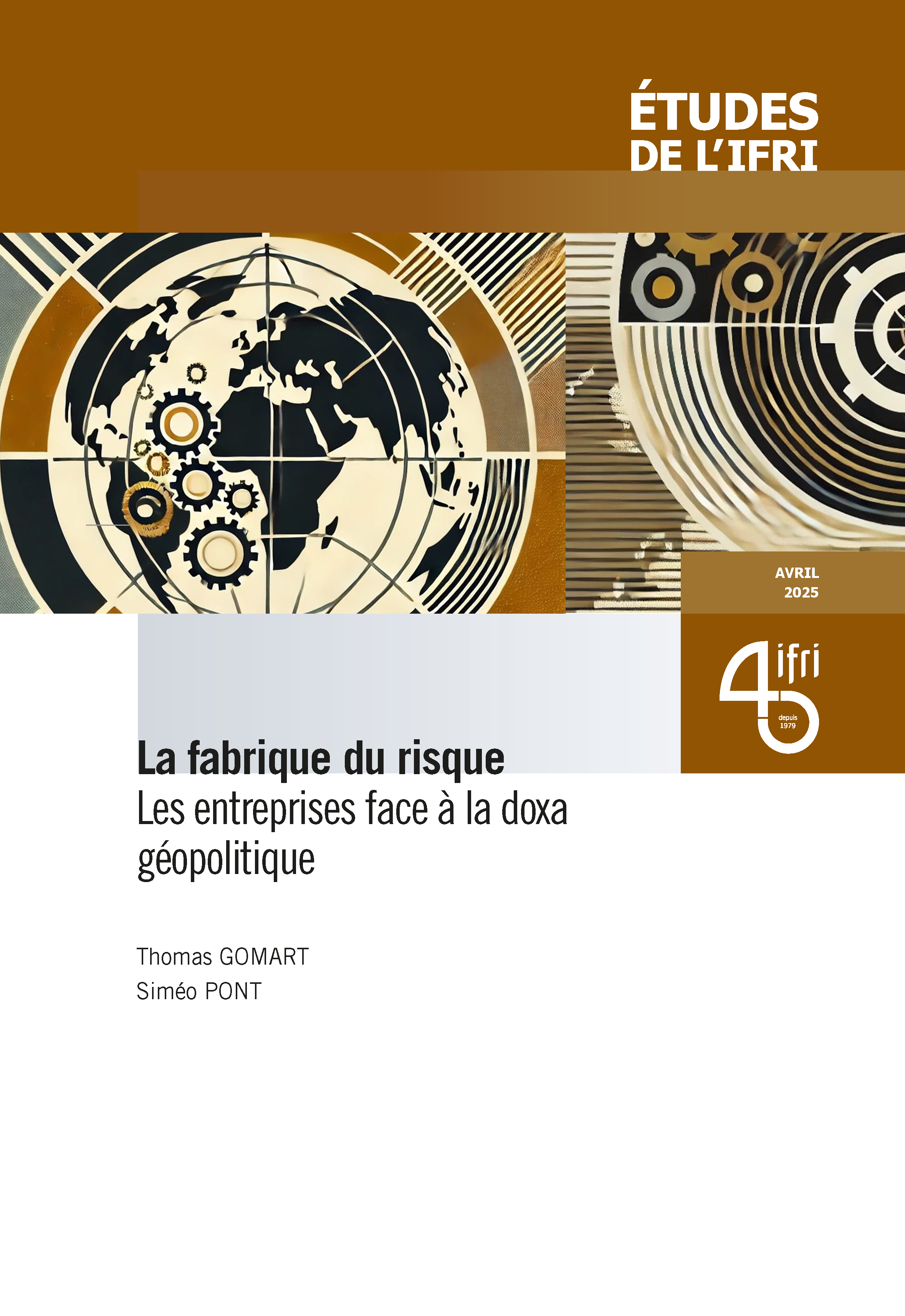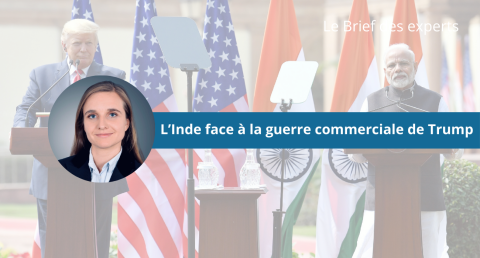Schisms in research collaboration risk worsening global crises
Barriers being put up by the US, China and the EU could hinder scientific progress at a time when it is most urgently needed, according to OECD’s latest report on the global R&D outlook.
The joint statement put out by von der Leyen and Biden does not pull any punches, saying, “We are increasing our cooperation to prevent the leakage of sensitive emerging technologies, as well as other dual-use items, to destinations of concern that operate civil-military fusion strategies". The US openly recognises and refers to China’s strategy to develop its army into a world superpower as ‘Military-Civil Fusion’. This reinforces the OECD’s view that the technology race is being run by liberal market economies on one side, and China on the other.
But there is more nuance to it than that, said Alice Pannier, head of French think tank Ifri’s Geopolitics of Technology programme, speaking at a meeting of the European Parliament’s future of science and technology committee (STOA) on the topic of strategic autonomy last week.
“We don’t yet have solidified blocks that are quite separate from each other, instead we are in flux. Every government is [examining] how much collaboration they can engage in,” she told Science|Business. “The truth is so far not much has changed in terms of the supply chain or collaborations, but there is this feeling of things being in flux. The organisation of global alliances and even global governance is being redefined.”
The question of collaboration versus competition also applies to relations between the US and the EU. There have long been discussions about the EU’s high military dependency on its cross-Atlantic partner with many of Europe’s leaders advocating more self-sufficiency in the defence.
“Obviously Europe has its own military dependencies on the US, which are problematic on many levels and there has been a debate going on for decades about how to get out of this dependency, or how much the EU should become militarily autonomous from the US,” Pannier said. “While that military dependence does exist, that doesn’t mean they are economically in the same basket,” Pannier said. “Obviously the US and the EU have huge trade and investment links, but they’re also economic competitors in a healthy and normal way.”
>> Retrouvez l'article dans sa totalité sur le site de Science Business.

Média
Partager








